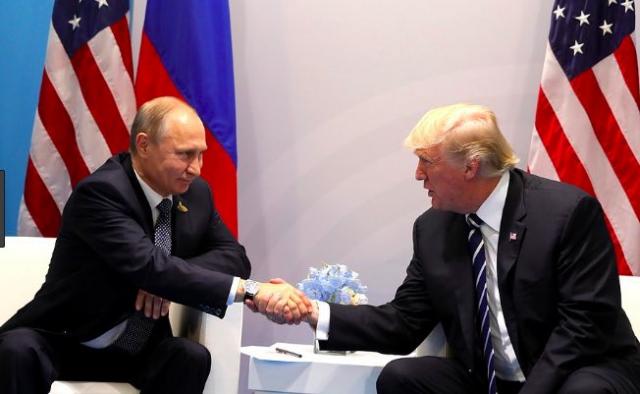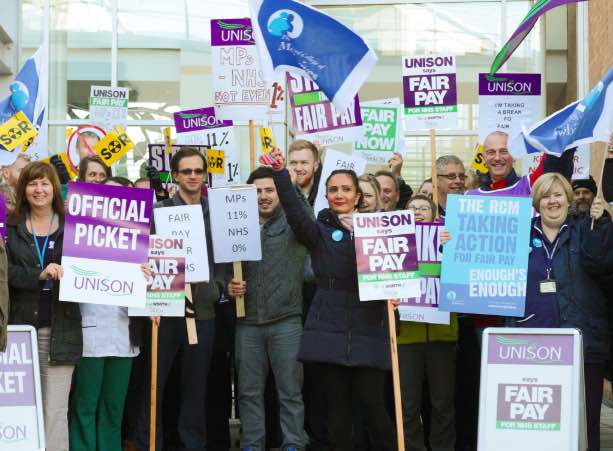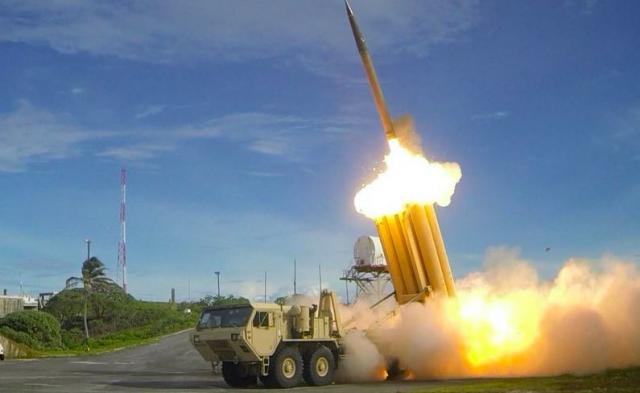Democrats in the US Senate showed themselves to be just another war party this week, with 40 of their number out of 47 voting to pass a record $717-billion military budget for FY 2019. Only seven Democrats (Elizabeth Warren and Ed Markey, D-MA, Ron Wyden and Jeff Merkley, D-OR, Kamala Harris, D-CA, Dick Durbin, D-IL, and Kirstin Gillibrand, D-NY) and independent Bernie Sanders, who caucuses with the Democratic Party, voted against the bill (Sen. Angus King, an independent from Maine who also caucuses with the Democrats, neutralized Sanders’ vote by voting for the measure).
For those who may have hoped that perhaps the growing number of self-described “democratic socialist” candidartes running for seats in Congress might call out this war-mongering by the Democratic Party establishment, there was just silence.
 The Pentagon's new toy, the F-35 Joint Strike fighter, at $1.5 trillion and counting, is mankind’s most expensive weapon. 40 Democrats and 46 Republicans in the Senate just voted to fund it .
The Pentagon's new toy, the F-35 Joint Strike fighter, at $1.5 trillion and counting, is mankind’s most expensive weapon. 40 Democrats and 46 Republicans in the Senate just voted to fund it .
Sen. Sanders, to be sure, said he would vote against the bill, but he didn’t say he was doing that because he thought it was an outrageous amount of money to spend on war and preparations for war. In fact, he prefaced his opposition by saying, “I support a strong US military.” Rather, as he always does, Sanders decried the “waste, fraud and mismanagement” in the Pentagon budget, instead of the reality that virtually the entire budget, representing two-thirds of all federal discretionary spending, is a waste.
The sad truth is that when it comes to Democratic candidates running openly wearing a “democratic socialist” label, including Sanders, the standard-bearer for this newly popular identity, there is a sort of fraud being perpetrated on the public. Most such candidates, including Sanders, simply won’t talk about US imperialism, hegemonism and about the need to slash the grossly outsized US military budget, which surpasses the budgets of nations with the next ten largest militaries.
Why does this matter? Because when progressive Democrats, and especially those who call themselves “democratic socialists” (implying that somehow straight-up “socialists” might not be sufficiently democratic!), espouse popular socialist programs like Medicare for All, expanded and enhanced Social Security benefits, free public college for anyone who wants to get a higher degree beyond high school, a guaranteed job for all, paid maternity/paternity leave, etc. — all worthy and popular ideas — they open themselves up immediately to charges by Republicans and by conservative and establishment liberal Democrats that they won’t be able to pay for those programs, or that they’d have to rise taxes to pay for them.
And those charges are justified, because most of those so-called progressive, and even “democratic socialist” candidates, tacitly or, in Sen. Sanders’ case even overtly support, fundamentally, the US military and most of America’s militaristic foreign policies and actions abroad — the majority of which are in flagrant violation of international law and have nothing to do with national defense.









